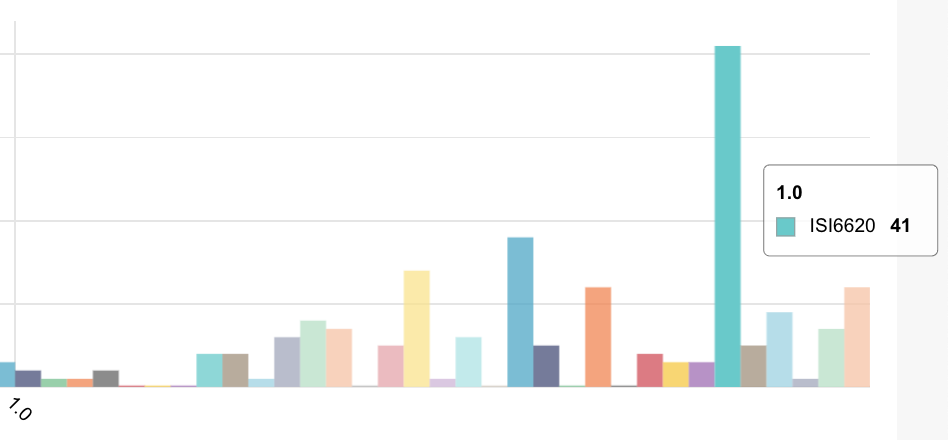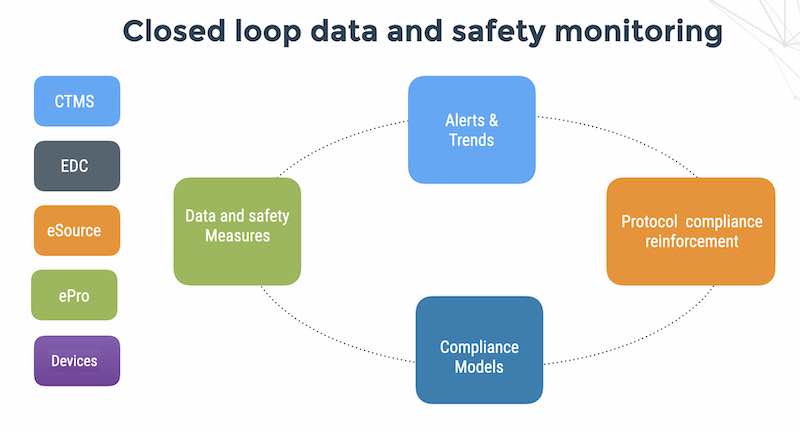Are procedures a substitute for responsible and ethical behavior?
The behavior of former secretary of State (and Presidential race loser) Hilary Clinton is an important example of how feeling entitled is not the exclusive domain of under 20-somethings. When we do a threat analysis of medical devices, we try to look beyond the technical security countermeasures and dive into the human factors of employees and managers of the organization.
Leadership from the front trumps security technology.
President Obama’s notion of leading from behind is problematic in the data security and governance space – leadership is about leading from the front.
President Obama’s weak position on enforcing data security and privacy in his administration (Snowden, Clinton and NSA) set a poor example that will take years to undo and probably cost Hilary Clinton the election.
In the business environment, management leadership from the front on data security and privacy is a more effective (as in cheaper and stronger) countermeasure than technology when it comes to mitigating trusted insider threats.
In the family environment, we traditionally see parents as responsible for taking a leadership position on issues of ethics and responsible behavior.
Has mobile changed this?
Sprint announced new services that will allow parents to set phone use limits by time of day or week, see daily calls, text messaging and application activity of their children. Sprint Mobile Controls powered by Safely, a division of Location Labs, allows parents to see rich graphical representations of how their family calls, texts and use applications and to lock phones remotely at specific times.
For example:
- Seeing who your son or daughter has been calling or texting recently – and how often.
- Establishing an allowed list of phone numbers from which your child can receive a call or text.
- Seeing a list of your child’s contacts with an associated picture ranked by overall texting and calling activity.
- Viewing what apps your child is downloading to their phone.
- Choosing up to three anytime apps that your child can use when their device is locked.
- Allowing your child to override phone restrictions in case of an emergency.
- Setting alert notifications for new contacts, or School Hours and Late Night time periods.
- Setting Watchlist contacts: Receive alert notifications when your child communicates with a Watchlist contact.
This seems like a similar play to product and marketing initiatives by credit card companies to control usage of credit card by children using prepaid cards like the Visa Buxx – except in the case of Visa the marketing message is education in addition to parental control: Visa Buxx benefits for parents and teens include:
- Powerful tool to encourage financial responsibility
- Convenient and flexible way to pay
- Safer than cash
- Parental control and peace of mind
- Wide acceptance—everywhere Visa debit cards are welcome
Visa Buxx was introduced almost 10 years ago. I don’t have any data on how much business the product generates for card issuers but fast forward to December 2011, the message of responsibility has given way to parental control in the mobile market:
In the case of mobile phones, I can see the advantage of a home privacy and security product. From Sprint’s perspective; controlling teens is a big untapped market. Trefis. (the online site that analyzes stock behavior by product lines) has aptly called it “Sprint Targets Burgeoning Teen Market with Parents Playing Big Brother”
The teen market, consisting of those in the 12 to 17 year age group, is plugged into cellular devices and plans to a much greater extent than you might imagine. According to a Pew Internet Research study, more than 75% of this group owns a wireless phone. This isn’t news to Sprint Nextel (NYSE: S) or mobile phone competitors such as Nokia (NYSE:NOK), AT&T (NYSE:T) and Verizon (NYSE:VZ).
I do not believe that technology is a replacement for education.
It will be interesting to track how well Sprint does with their teen privacy and security product and if parents buy the marketing concept of privacy controls as a proxy for responsible behavior.





